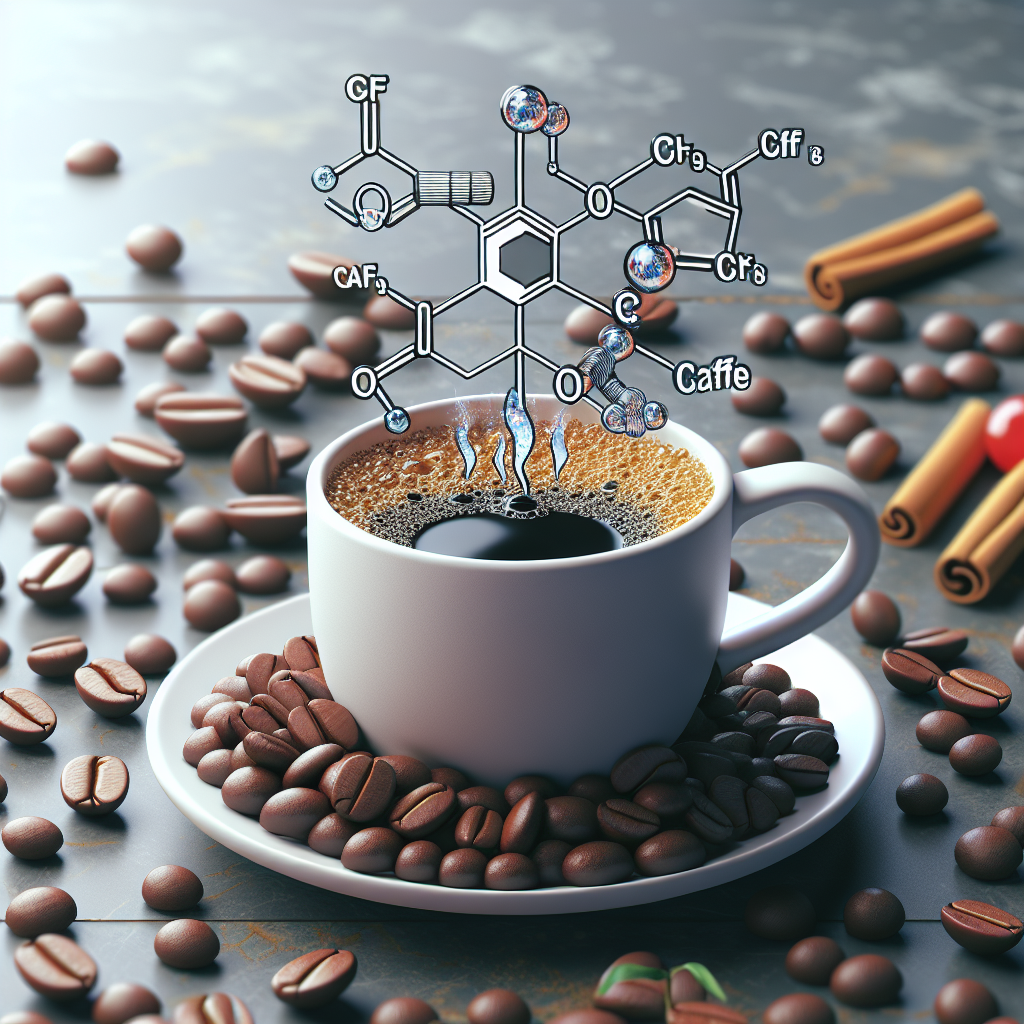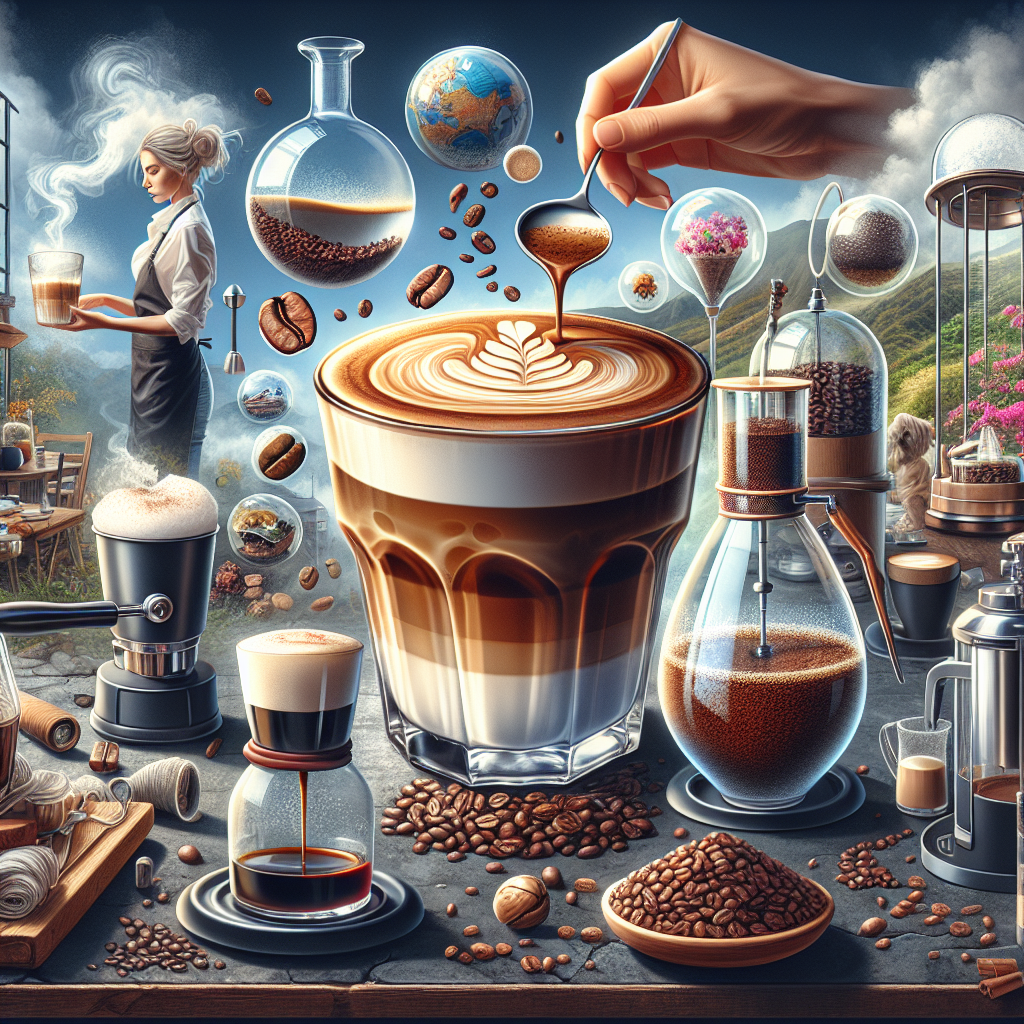Introduction
Imagine you’re standing in a bustling café, the scent of freshly ground coffee beans enveloping you like a warm blanket. The allure of coffee is undeniable, with its rich flavors and invigorating effects. However, beneath this aromatic delight lies a complex web of potential health risks that many people are unaware of. Join us as we delve into the darker side of your beloved morning brew.
- Understanding Coffee’s Popularity
- Short-term Negative Effects
- Long-term Health Risks
- Moderation and Alternatives
- Key Takeaways
- FAQ
- Conclusion
Understanding Coffee’s Popularity
Coffee has woven itself into the fabric of daily life for millions across the globe. From the comforting ritual of a morning cup to the social bonding over a latte, its influence is vast. But why does this beverage hold such sway over us? The answer lies in its main ingredient: caffeine. Caffeine acts as a natural stimulant, providing that much-needed energy boost, but it’s not without its downsides.
Short-term Negative Effects
While coffee can give you an immediate jolt of energy, it can also lead to a series of short-term side effects:
- Anxiety and Restlessness: Have you ever felt jittery after one too many cups? Excessive caffeine can heighten anxiety and create restlessness. It’s like trying to sprint on a treadmill that’s already set at high speed.
- Insomnia: Although coffee helps you stay awake, consuming it late in the day can disrupt your sleep cycle, leading to insomnia.
- Digestive Issues: Coffee is acidic and can irritate the stomach lining, causing discomfort or even gastritis.
Long-term Health Risks
The long-term consequences of excessive coffee consumption are more insidious. Think of it as a slow-burning candle; while it may not seem harmful initially, over time it can lead to significant health issues:
- Heart Problems: Studies have linked high caffeine intake to increased heart rate and blood pressure, which can escalate the risk of cardiovascular diseases.
- Addiction: Like any stimulant, caffeine can be addictive. Over-reliance on coffee can lead to dependency, making it difficult to function without it.
- Bone Health: Some research suggests that excessive caffeine can interfere with calcium absorption, posing risks to bone health over time (source).
Moderation and Alternatives
The key to enjoying coffee without falling into these traps is moderation. Consider these tips for a balanced approach:
- Limit Intake: Stick to no more than three cups a day to mitigate adverse effects.
- Avoid Late Consumption: Refrain from drinking coffee in the late afternoon or evening to preserve your sleep quality.
- Explore Alternatives: Herbal teas or decaffeinated options can provide a delightful change without compromising your health.
Key Takeaways
Coffee is an integral part of modern life, but it’s essential to recognize its potential downsides. By moderating your consumption and exploring alternatives, you can enjoy your beloved brew without sacrificing your health.
FAQ
Is it safe to drink coffee every day?
Yes, in moderation. Experts recommend limiting your intake to about three cups per day.
Can coffee cause long-term health issues?
Excessive consumption can lead to problems like cardiovascular issues and bone health concerns. Moderation is key.
Are there healthier alternatives to coffee?
Absolutely! Herbal teas, decaffeinated coffee, and other low-caffeine beverages can be excellent substitutes.
Conclusion
Coffee is like a double-edged sword—while it offers numerous benefits, it also carries potential risks. By understanding and moderating your consumption, you can enjoy this cherished beverage without compromising your well-being. So next time you take a sip, remember: balance is the secret ingredient.
For more insightful tips on maintaining a balanced lifestyle, explore our comprehensive guides.
What are the disadvantages of drinking coffee?
What is the best drink for high blood pressure?














